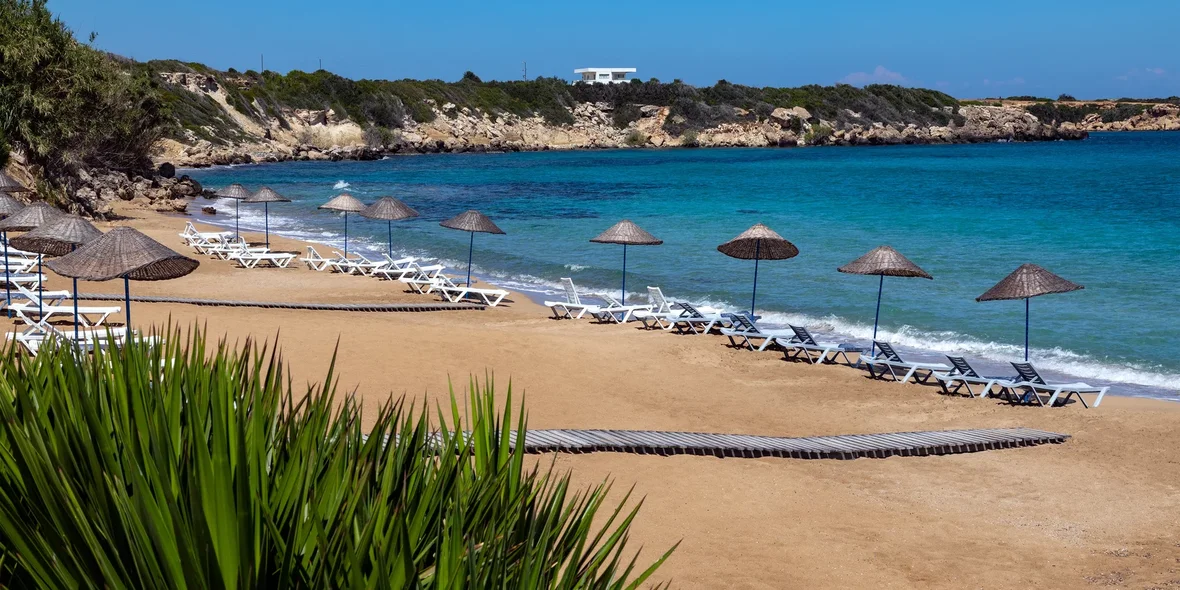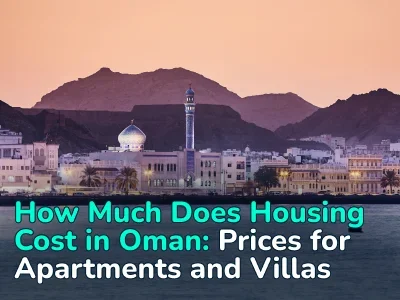
“About half of the transactions in North Cyprus remain unregistered.” Experts on the gulf between official figures and the real number of transactions
Buying real estate in Northern Cyprus continues to be a popular request among foreign investors. However, experts say that about 50% of such transactions are not recorded in official documents.
Since the beginning of 2021, foreigners have been issued about 7,000 permits to buy real estate in Northern Cyprus. Moreover, from year to year their number only grows: if in 2021 they issued 1179 permits, then in the first eight months of 2023 this number amounted to almost 3000.
Investors in this region are primarily Turkish citizens: they invest in properties in the Kyrenia neighborhoods of Esentepe/Agios Amvrosios and Tatlisu/Akanthou. They are followed by an increasing number of Russians choosing Iskele/Trikomo for investment.
It is important to note that an important factor in the growth of interest in the north of Cyprus was the depreciation of the Turkish lira and the economic crisis. This has made real estate in northern Cyprus more affordable for foreign investors, especially Russians. Banks in this region are not part of the international Swift system and work through Ankara, which makes the process of buying real estate convenient for Russian citizens.
In addition to citizens of Turkey and Russia, investors in real estate in Northern Cyprus include citizens of Israel, Ukraine, and Iran.
However, despite the apparent increase in transactions, experts insist that official figures do not account for many of them.
As economist Mertkan Hamit points out, foreigners currently need to obtain permission from the Turkish Cypriot administration and are limited to only three real estate deals. In addition, a controlling 51% stake in companies investing in real estate must be owned by a “citizen” of Cyprus. However, this does not stop local lawyers acting on behalf of foreigners or Turkish Cypriot companies from buying as much real estate as they want.
“There are a lot of real estate transactions that are not counted in the official data,” says Hamit. “These are mostly foreign investors who buy dozens of properties in a single transaction through a Cypriot partner.”
According to Hamit, looking at the construction projects and prices, it can be very roughly estimated that the annual income from the sale of real estate is $1 billion. This is almost one-third of the GDP of Northern Cyprus.
Judge Fadil Aksun, who heads the Nicosia High Criminal Court, also expressed his concern about the large amounts of money coming into northern Cyprus to buy real estate and the lack of proper control over it.
Author
I am responsible for editorial work. I write expert interviews and guides.





















